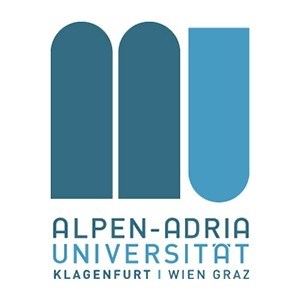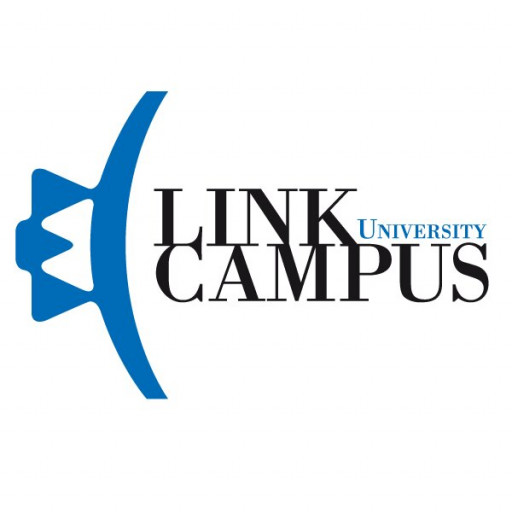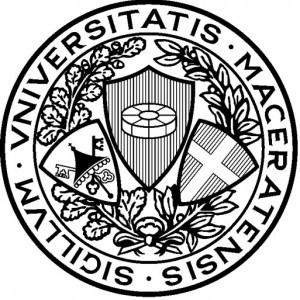Photos of university / #universitysa
The Bachelor of Communication at the University of South Australia offers students a comprehensive education in the dynamic and diverse field of communication. This degree program is designed to equip graduates with the essential skills, knowledge, and practical experience necessary to excel in various communication-related industries, including media, advertising, public relations, journalism, corporate communication, and digital media. Throughout the course, students will explore fundamental concepts such as communication theory, media production, strategic communication, and digital technologies, enabling them to analyze, create, and manage effective communication strategies across multiple platforms. The program emphasizes critical thinking, creativity, and ethical practice, preparing graduates to adapt to the rapidly evolving media landscape and to meet the demands of the global communication environment. Students will have opportunities for hands-on learning through industry placements, collaborative projects, and workshops with industry professionals. The curriculum also incorporates emerging trends such as social media, data analytics, and multimedia storytelling, ensuring students remain current with industry developments. The Bachelor of Communication at UniSA fosters adaptable and innovative thinkers who are capable of addressing complex communication challenges in diverse settings. Graduates of this program are well-prepared for careers in public relations, media production, advertising, corporate communication, digital content creation, and beyond, with many entering roles that require strategic, technical, and creative skills. The program’s flexible study options and experienced faculty support students in achieving their academic and professional goals, making it an ideal choice for those passionate about understanding and shaping the future of communication.
The Bachelor of Communication program at the University of South Australia offers a comprehensive and dynamic curriculum designed to prepare students for diverse careers in the communication industry. This degree provides a strong foundation in the core principles of communication, including media practices, strategic communication, public relations, journalism, digital media, and advertising. Throughout the program, students engage with both theoretical frameworks and practical applications, equipping them with critical thinking, creativity, and technical skills necessary to succeed in today's rapidly evolving media landscape.
The curriculum is structured to facilitate experiential learning, with opportunities to undertake industry placements, collaborate on real-world projects, and develop a professional portfolio. Students explore the role of communication in society, understanding its influence on public opinion, culture, and policy. They learn how to craft compelling messages for various audiences across multiple platforms, including print, broadcast, online, and social media. Emphasis is placed on ethical communication practices and responsible storytelling, ensuring graduates are prepared to uphold high standards of integrity and accountability.
The program also features specializations in areas such as digital media, public relations, journalism, and advertising, allowing students to tailor their learning to their interests and career goals. Faculty members are experienced professionals and scholars committed to supporting students' academic and personal growth. State-of-the-art facilities, including media labs and editing suites, provide a conducive environment for hands-on learning and innovation.
Graduates of the Bachelor of Communication at the University of South Australia are equipped to enter a wide range of industries, including media organizations, advertising agencies, public relations firms, corporate communication departments, government agencies, and non-profit organizations. They possess the skills to analyze media messages, develop strategic communication plans, and adapt to emerging communication technologies and trends. The program emphasizes global perspectives and intercultural competence, preparing students to work effectively in diverse and international contexts.
Overall, this program aims to foster creative, ethical, and strategic communicators who can influence and inform public discourse, shape brand narratives, and contribute positively to society through effective communication practices. With a combination of theoretical knowledge and practical experience, graduates are well-positioned to thrive in the competitive field of communication and media.
- Completed Bachelor degree from a recognised higher education institution
- or completed Graduate Certificate from a recognised higher education institution
- or completed schooling Diploma from a recognised higher education school. International students who speak English as a foreign language must have obtained the necessary criteria before admission.
The University of South Australia offers various financial options to support students enrolled in its communication programs. Domestic students have access to Commonwealth supported places (CSP), which significantly reduce tuition fees through government subsidies, making higher education more affordable. These students may also be eligible for HECS-HELP (Higher Education Loan Program), allowing them to defer their tuition fees until they are earning above a certain income threshold. Additionally, there are other financial aid options such as scholarships, bursaries, and grants specifically targeted at students pursuing communication and media studies. The university provides detailed information about eligibility criteria and application procedures for these financial support mechanisms, aiming to assist students in managing the costs associated with higher education.
International students enrolled in communication programs at the University of South Australia pay full tuition fees, which vary depending on the specific course and study load. Fees for international students are set annually and are published by the university’s admissions office, reflecting the current market rates for comprehensive communication degrees. International students are encouraged to explore scholarship opportunities available to them, which can include merit-based awards, diversity scholarships, and country-specific bursaries, helping to offset a portion of their tuition costs.
Apart from tuition fees, students should budget for additional expenses such as textbooks, learning materials, equipment, and living costs if studying on campus. The university offers information and guidance on financial planning and budgeting, including potential part-time work opportunities and career services that can help students support their financial needs during their studies.
For postgraduate students, financial options include loan schemes, scholarships, and research grants, which are designed to support advanced study and research in communication disciplines. The university also collaborates with industry partners and government agencies to provide funding opportunities for research projects and internships, promoting practical experience alongside academic learning.
Overall, the University of South Australia emphasizes the importance of financial planning and provides comprehensive support services to help students manage the costs of their communication degrees effectively. Students are encouraged to explore all available options early in their academic journey to make informed decisions and maximize their financial support options during their time at the university.
The Bachelor of Communication at the University of South Australia offers students a comprehensive education in the field of communication, preparing graduates for a wide range of careers in media, journalism, public relations, advertising, and corporate communication. The programme is designed to develop students’ critical thinking, creative problem-solving, and effective communication skills across multiple platforms, including print, digital, broadcast, and social media. Students will gain practical experience through hands-on projects, industry placements, and opportunities to collaborate with professional organisations, ensuring they are well-equipped to meet the demands of a dynamic media environment. The curriculum covers core concepts such as media theory, communication research methods, media law and ethics, and strategic communication, providing a solid foundation for understanding the role of media in society. Specialisations within the program allow students to focus on particular areas such as journalism, public relations, advertising, or media production, tailoring their education to their career aspirations. The university leverages its strong industry connections by facilitating internships and practical learning experiences, fostering networking opportunities that can lead to employment upon graduation. Additionally, students benefit from state-of-the-art facilities, including media labs, editing suites, and broadcast studios, to enhance their hands-on learning experience. The programme is suitable for individuals interested in pursuing roles in media organizations, communication departments within businesses, government agencies, or NGOs. The university’s emphasis on contemporary issues such as digital innovation, social media strategies, and global communication ensures students are prepared for evolving industry standards. Graduates of the Bachelor of Communication can pursue postgraduate studies or enter the workforce directly, leveraging their skills in a competitive job market. Overall, the program embodies a blend of theoretical knowledge and practical skills, emphasizing ethical and responsible communication practices aligned with industry needs.









